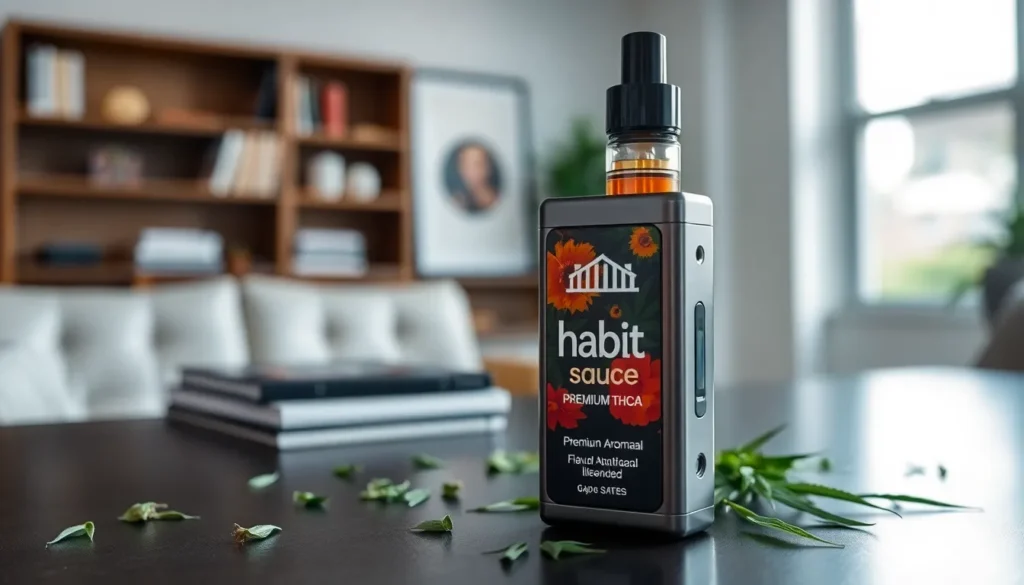In today’s diverse workplace, cultural fit can be just as important as skills and experience. Imagine hiring a tech genius who can’t stand team lunches or a marketing whiz who thinks “office culture” is a fancy term for a coffee break. Cultural interview questions help employers navigate this tricky terrain, ensuring they find candidates who not only excel at their jobs but also vibe with the team.
Table of Contents
ToggleUnderstanding Cultural Interview Questions
Cultural interview questions gauge a candidate’s fit within an organization’s culture. They help reveal a candidate’s values, beliefs, and behavior patterns in various situations.
Definition and Purpose
Cultural interview questions assess how well candidates align with a company’s values. These questions often focus on teamwork, adaptability, and communication styles. Asking about past experiences provides insight into a candidate’s decision-making process and their approach to conflict resolution. Employers gain a deeper understanding of how potential hires will navigate the workplace’s social dynamics. By prioritizing these questions, hiring teams can identify individuals who resonate with the organization’s culture.
Importance in the Hiring Process
Cultural interview questions play a crucial role in today’s hiring landscape. They help prevent hiring misfits that may lead to team dysfunction. A candidate with strong technical skills might still struggle if they don’t share similar values with the team. Improved retention rates often result from hiring individuals who align with the organizational culture. Additionally, cultural fit enhances collaboration, leading to increased productivity and overall job satisfaction. Utilizing these questions significantly impacts the long-term success of both the employee and the organization.
Types of Cultural Interview Questions
Cultural interview questions fall into various categories, serving specific purposes during the hiring process. Two prominent types are behavioral questions and situational questions, which help uncover a candidate’s alignment with organizational culture.
Behavioral Questions
Behavioral questions focus on past experiences, enabling employers to assess how candidates handled real-life situations. Candidates might be asked to describe moments when they successfully worked in a team or resolved conflicts. Responses reveal values, teamwork skills, and adaptability. Candidates demonstrating strong communication during challenging scenarios convey their potential cultural fit. Employers can draw connections between past behavior and future performance, illuminating how candidates might integrate into existing teams.
Situational Questions
Situational questions present hypothetical scenarios, allowing candidates to showcase their problem-solving abilities and decision-making processes. Interviewers often pose situations relevant to the organization’s work environment. For example, candidates may face a challenge regarding conflicting priorities or team dynamics. Responses provide insight into candidates’ thought processes and immediate reactions to stress. By evaluating these responses, employers can gauge how candidates align with organizational culture and whether their approaches would complement the team’s values.
Formulating Effective Cultural Interview Questions
Formulating effective cultural interview questions requires a clear understanding of the organization’s values and culture. These questions can reveal how well candidates will fit into the existing team dynamics.
Crafting Questions that Align with Company Values
Questions should connect directly to the core values of the organization. For example, if teamwork is a valued trait, ask candidates about their experiences collaborating with others. Candidates might be asked, “Can you share a time when you worked with a team to achieve a goal?” This question emphasizes collaboration and highlights the importance of shared objectives. It helps employers assess whether a candidate’s values match those of the company. Focusing on values ensures that questions provide insight into behaviors that contribute to a positive workplace culture.
Ensuring Inclusivity and Diversity
Inclusivity and diversity play significant roles in creating a healthy work environment. Questions should encourage diverse perspectives and experiences. For instance, asking, “How do you approach working with teammates from diverse backgrounds?” invites candidates to share their practical strategies for collaboration. Such questions promote an environment where different viewpoints are respected and valued. Incorporating inclusive language throughout the interview process ensures that all candidates feel welcome. Prioritizing inclusivity not only enhances team dynamics but also drives innovation and creativity within the organization.
Best Practices for Conducting Cultural Interviews
Cultural interviews require specific strategies to ensure their effectiveness. Creating an inviting atmosphere enhances candidate comfort and promotes open dialogue.
Creating a Comfortable Environment
Establishing rapport is essential. Start the interview with light conversation to ease any tension. Candidates perform better when they feel at ease. Maintain a friendly and approachable demeanor throughout the process. Offering transparency about the organization’s culture fosters trust, leading to more honest responses. Encourage candidates to share their thoughts freely, making them feel valued during the interview. Proper body language, like nodding and maintaining eye contact, signals engagement. Lastly, consider scheduling ample time for interviews; this can help alleviate any pressures and allows for in-depth discussions.
Evaluating Responses Effectively
Assessment should focus on both content and context. Active listening is critical; it helps to grasp not only the words but also the emotions behind them. Use standardized criteria for evaluating responses to ensure consistency. Look for examples of adaptability, teamwork, and conflict resolution as indicators of cultural fit. Reflect on how well candidates align with the organization’s core values. Taking notes during interviews captures important insights, facilitating better post-interview discussions. Engaging other team members in the evaluation process enriches the analysis, introducing diverse perspectives on the candidate’s potential compatibility.
Cultural interview questions play a vital role in the hiring process. They help employers identify candidates who not only possess the necessary skills but also align with the organization’s values. By focusing on teamwork adaptability and communication styles these questions reveal insights about a candidate’s potential fit within the team.
Prioritizing cultural alignment can lead to improved retention rates and enhanced collaboration. As organizations strive for success fostering a positive workplace culture becomes essential. Crafting effective cultural questions and creating a comfortable interview environment allows employers to assess compatibility more accurately. Ultimately this approach not only benefits the team dynamics but also drives innovation and productivity within the organization.









